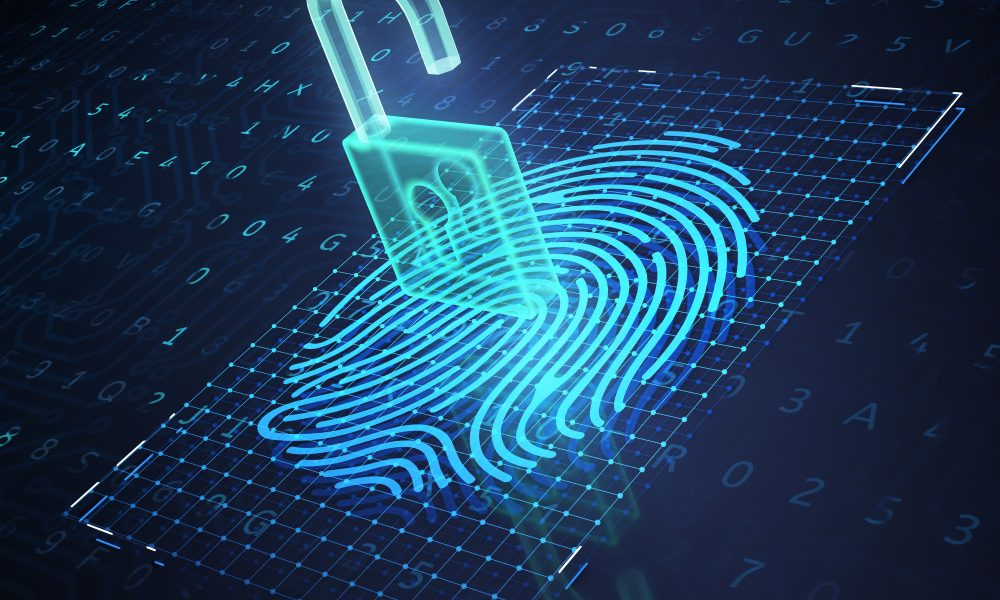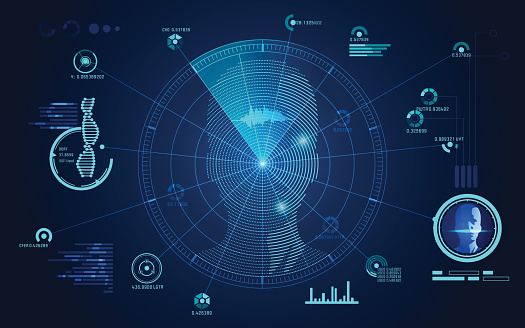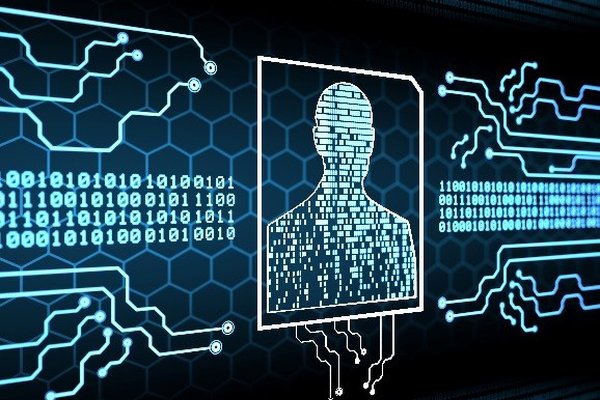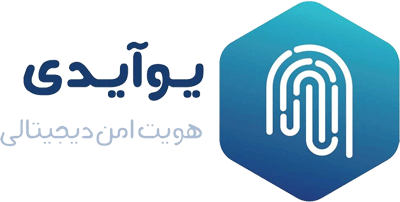KYG stands for know your guest to protect travelers and management risk.
With more than 1.4 billion global traveler arrivals each year, tour and tourism are some of the most critical industries in the international.
The siren name of culture, history, weather, and exotic locations has brought on an inexorable rise. In global journey bookings in an already hyper-aggressive market. However, tour, tourism, and hospitality are among the most inclined industries to petty crime, critical and organized crime, terrorism, and infectious sicknesses, including COVID-19. This paper highlights the danger posed by those using fake or stolen identification and the way fake documents were used to facilitate acts of crime and terrorism at hotels.
In 2021, ISO 31030 provides tour threat management pointers that advise for objective and independent evaluation of all travel risk factors such as the safety and protection of accommodation. In the future, hotels will face more significant needs from company travel managers and safety teams to provide goal evidence of standards.
The Hospitality Industry, Safety, and Security
in 2017 the result of a primary survey within the 9 countries that generate the most significant numbers of leisure tourists became provided to ITB Berlin, the world’s biggest tourism alternate fair. This highlighted the mentioned shift in tourist sentiment when it comes to protection and security; the International SOS travel threat Outlook predicts an increase in excessive-profile responsibility of care cases as expectancies for higher safety and protection rise.
Safety and security are important priorities for travelers.
- ۶۴% of travel safety experts agree that the risks facing travelers have accelerated.
- ۴۸% of business travelers said they would consider not traveling abroad for work if it took them to a region they considered unsafe.
Risk Of Terrorist Attacks
while the belief of the danger of a terrorist attack is now really a major element for the ones making plans and the international trip, most respondents in the survey said that their desire for a hotel was a method of mitigating the risk and assuring their protection, with the best percentage of respondents deciding to book with a large hotel chain over smaller, self-managed hotels.
Even as many hotels do take protection severely and have suitable structures and strategies in place, the familiarity, and feel of safety that travelers accomplice with reserving a live in large global hotel chains could be misplaced as the proof shows large branded hotels won’t usually be as secure as they appear; similarly, there’s little transparency in this problem as it seems there are no facts available from brands regarding hotels which are not compliant with their requirements and/or suggestions with regards to safety and protection.
Countless people have been killed in terrorist attacks on hotels during the last decade, massive attacks from Mumbai, India in 2008 to Nairobi, Kenya in early 2019, showed us that hotels are frequently focused global and prominent customers, safety systems, and approaches such as login methods, data safety, a team of workers scrutiny, personal record verification, and other safety and security measures are weak.
Terrorists rely on fake documents to cover their real identities and travel, those vulnerabilities imply the need for a more robust identity verification techniques to reduce the ease of terrorists touring, entering a country and it is vital to obtain asylum based on forged documents.
Organized Crime
Many reviews on the hospitality industry in recent years have centered on huge vulnerabilities providers of residency to organized crime include human trafficking and current slavery, while both the government and law enforcement corporations identify this industry as one of the high dangers for such corporations.
Human trafficking as a form of organized crime is hard to detect, and the lodge industry can inadvertently provide an excellent combination of privacy and anonymity which could permit such crimes to develop with little risk.
Implement higher security features, checking identity and personal and traveling files an affirmation can be a step forward in detecting and preventing this form of crime.
Identity Theft and Hospitality
There are a myriad of reasons why identity theft is so prolific-fic and the foundation causes are typically associated with poor safety practices while online:
- A study through Experian discovered that 33% of adults shared account names and passwords with different people.
- The identical Experian study determined that 43% of people had shopped online using public wi-fi.
- ۷۵% of people don’t use a VPN (virtual private network) whilst on wi-fi, even though this is a proven security measure to prevent information from leaking or being stolen.
- A examination through cybersecurity wi-fi Semantic determined that a large 87% of people who have wi-fi left their private statistics exposed (perhaps leaving an open internet site on the screen while stepping away) when getting access to their emails, bank bills, or different wi-fi records.
New Industry Standard: ISO 31030 Travel Risk Management
Global Secure Accreditation (GSA) is an independent hotel protection accreditation primarily based on a worldwide hotel security ISO 31030 that provides complete guidance on how to control travel dangers.
It encourages risk control disciplines to implement all travel elements, including assessing the safety and security of the intended hotel or other accommodation.
Hotels will be required to demonstrate strong strategies of validating guest identity where the general risk requires it, and this can be considered suitable practice in all places. If glad the standards are met, the awarding body will award a proper security accreditation to the hotel.
COVID-19
The problem of accurately confirming the identity of guests has come to sharp attention during this pandemic because it can be crucial that hotels are able to support the track and trace efforts governments have put in a location in lots of international locations to ensure the ones who have contact with infected persons can be identified and traced.
Early in 2020, the travel, tourism, and hospitality sectors have faced a brand new and enduring project within the form of an invisible and potentially deadly intruder into hotels, airports, restaurants and other locations; namely, the novel coronavirus COVID-19.
However, what is evident is that the hospitality and travel sectors will need to put in place the right strategies and procedures to reduce the risk of transmission and offer credible assurance to travelers that is so.
In recent months, reliable checks were developed and accepted for giant use to decide whether an individual is free of the virus or has antibodies signaling immunity.
The Role of Automated Identity Verification
Technology such as CCTV, physical access control systems, intruder alerts, body scanners are getting properly established across the accommodation industry globally. In combination with improved protection planning, awareness, and training, hotels are responding to the threats; That is wherein the capability to right away and accurately check the authenticity and legitimacy of identification documents becomes critical, protecting guests and personnel from various ability threats.
Spotting forged and fraudulent identity documents require more than a visual inspection.
Successfully authenticating identification documents requires an expert review of all of the security functions embedded in such documents.
- verify identification files quickly and clearly to determine if they’re proper or fraudulent
- accurately extract facts and images from scanned documents to seamlessly import into hotel property management systems (PMS)
- Be easy for front desk staff and personnel to use with minimum training while providing a superior guest check-in experience
Solutions like our Identity Verification API may be applied to various travel and hospitality settings and deliver giant business benefits, including check-in process efficiencies, increased safety, and improved client experience. Deployment options for non-touch transactions, which do now not require staff to handle the documents, are available to comply with social distancing and different contact minimization policies. Automated identification verification has the capacity to significantly enhance protection and potentially health security within the travel and hospitality sector.












